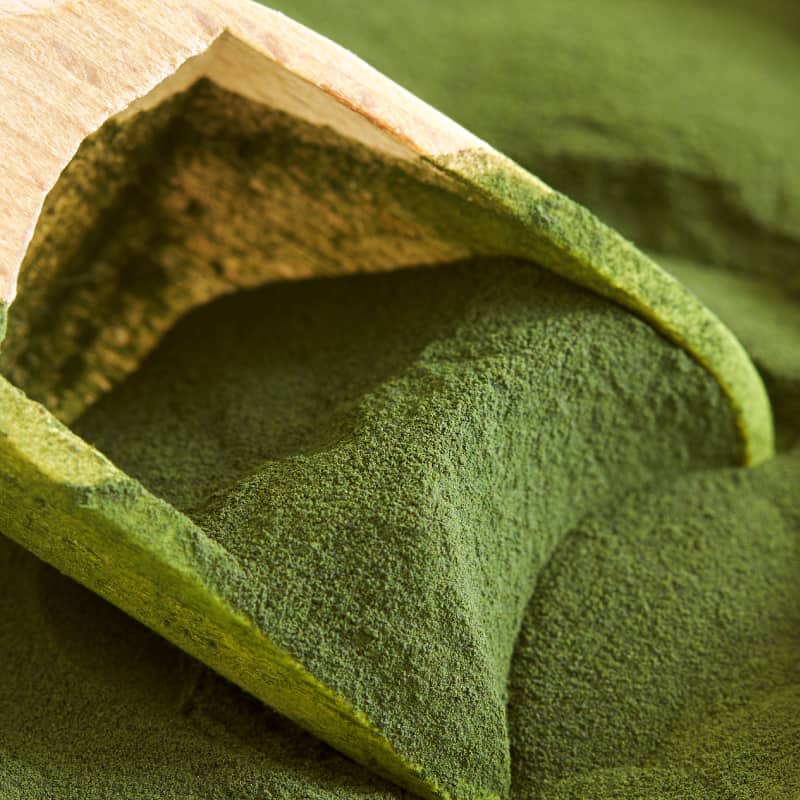The clary sage plant has a lengthy history as a medicinal herb. It's a perennial in the genus Salvi, and its scientific name is salvia sclarea. It's considered to be one of the top essential oils for hormones, especially in women. Many claims have been made as to its benefits when dealing with cramps, heavy menstrual cycles, hot flashes and…
Flaxseeds, sometimes called linseeds, are small, brown, tan or golden-colored seeds. In fact, linseed, flaxseed or “flax seed” are different names for the same seed. These seeds a great source of dietary fiber; minerals like manganese, thiamine and magnesium; and plant-based protein. Flax is also unique because it's one of the richest sources of plant-based omega-3…
You’ve heard of common grains like barley, buckwheat and whole wheat, I’m sure, but have you ever tried farro? Chances are you haven’t even ever heard of it, but you should! This impressive grain is beginning to gain traction for its health benefits and ability to adapt to different recipes. In a similar vein as kamut or bulgur…
Cinnamon is a powerful spice that has been used medicinally around the world for thousands of years. It is still used daily in many cultures because of the widespread cinnamon benefits, not to mention its distinctly sweet, warming taste and ease of use in recipes. Interestingly enough, researchers have found that the spice ranks No. 1…
Erythritol is now one of the most popular “natural” zero-calorie sweeteners available. What is erythritol exactly, and is it safe to consume on a regular basis? Because it’s seemingly less problematic than the controversial artificial sweetener called aspartame, it makes sense that more and more people are choosing erythritol in hopes of decreasing added sugar in their…
If reading food labels is part of your shopping experience, you may have come across the mysterious ingredient called xylitol. What is xylitol exactly, and is it good for you? Although it's reported by manufactures as being “all natural,” few suspect it’s actually a healthy ingredient, especially when consumed in large amounts. Unfortunately, natural doesn’t…
Have you heard about the health benefits of activated charcoal? Although there is some confusion and skepticism out there about its safety and efficacy, activated charcoal that comes from a natural source is not only safe, but effective for promoting detoxification. Activated charcoal is a potent natural treatment used to trap toxins and chemicals in…
Keloids — scars that just keep on growing — are typically harmless. However, they can be unsightly and annoying. They affect as many as 1 in every 10 people and most often appear after injury to the skin. Trying to remove keloids surgically is often ineffective. However, both medical and natural treatment methods can help…
Essential oils have been used for thousands of years in various cultures for medicinal and health purposes. Because of their antidepressant, stimulating, detoxifying, antibacterial, antiviral and calming properties, they continue to gain popularity as natural, safe and cost-effective therapy for a number of health concerns. There's no wonder why considering the high cost of health…
Anthocyanins are just one of the more than 6,000 different types of flavonoid polyphenol phytonutrients! Other types that have similar properties to anthocyanin include flavanols, flavones, flavanones, flavan-3-ols and isoflavones. The reason we hear more about anthocyanins compared to other related antioxidants is because they are widely available in many fruits and veggies. Experts believe…









